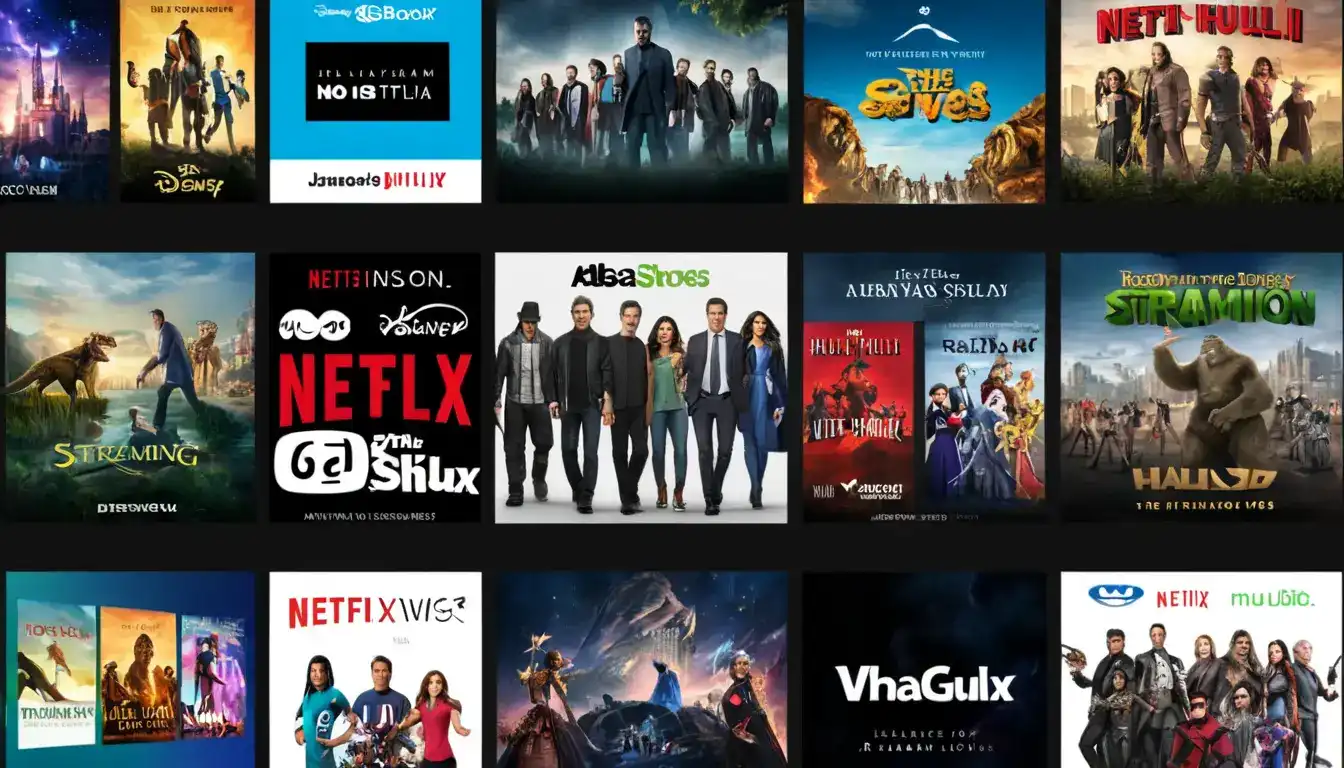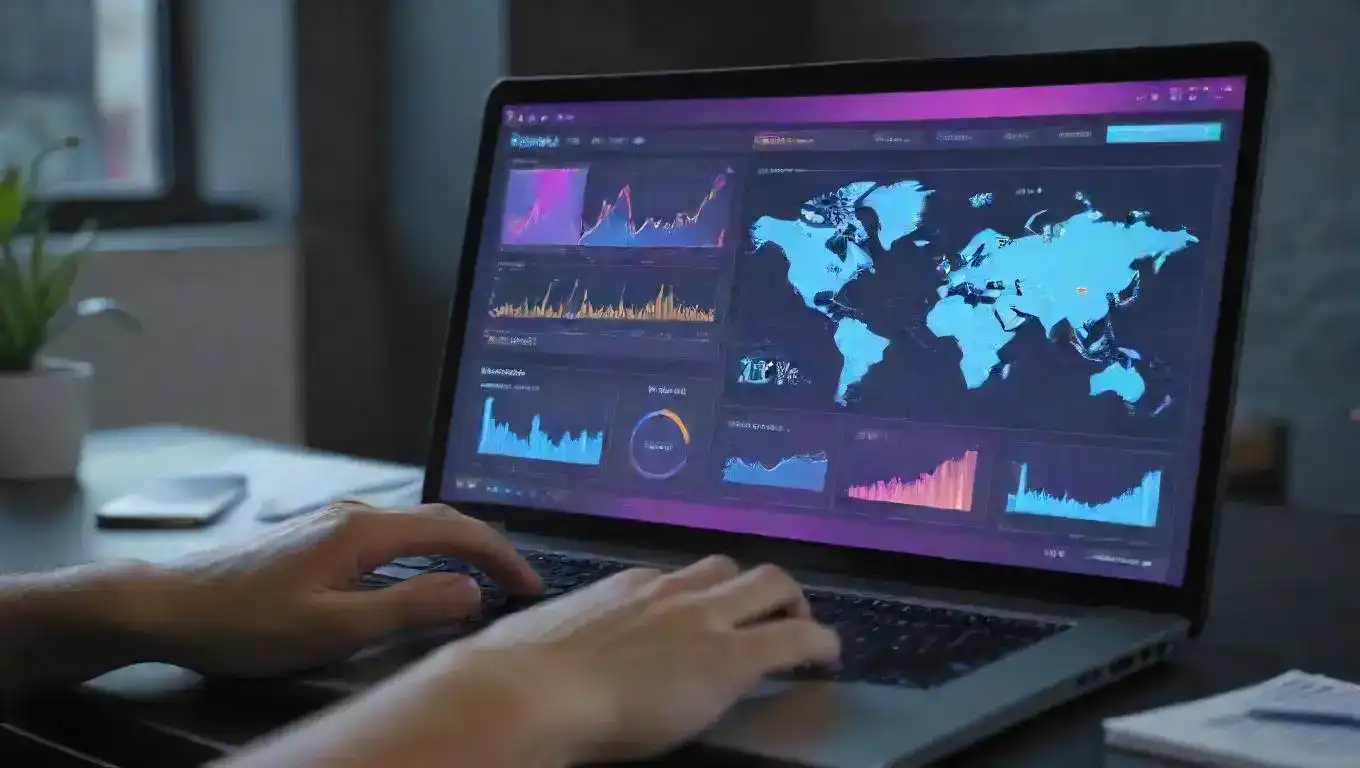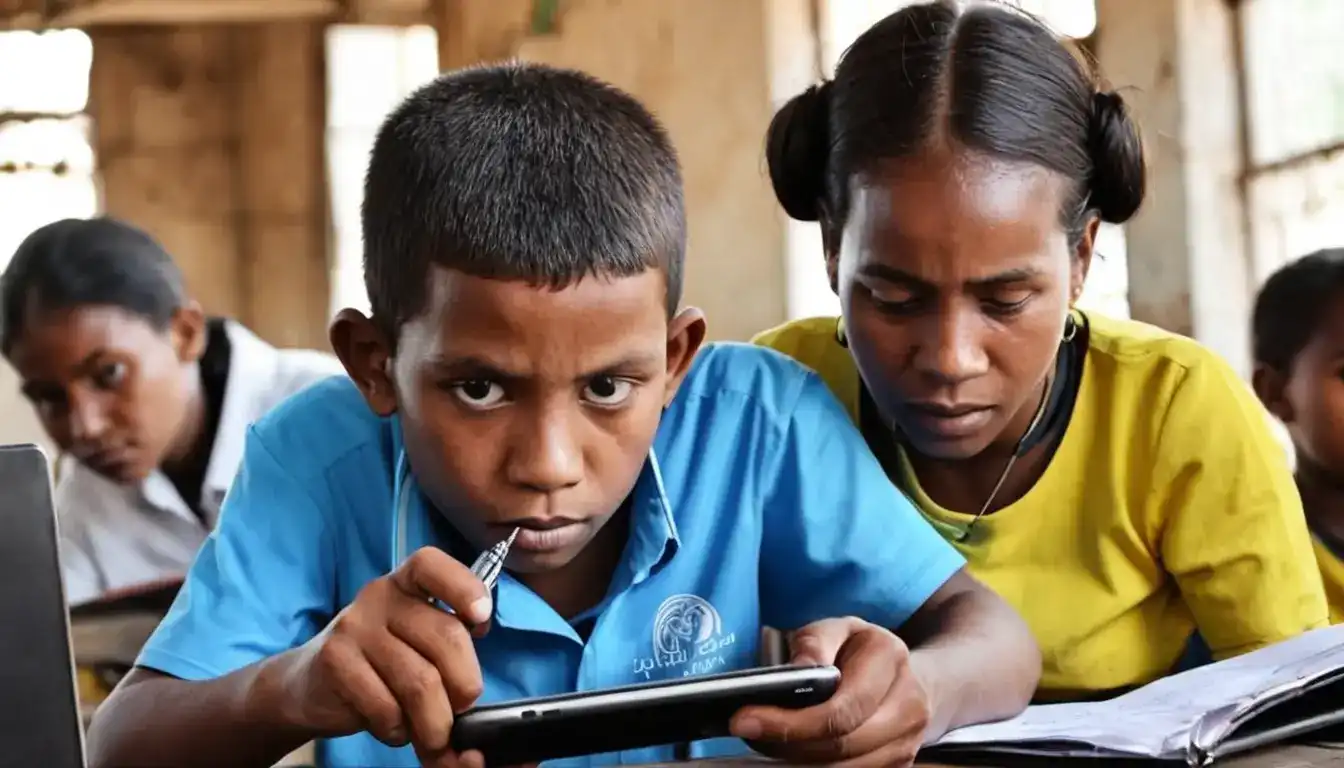Tips for Organizing an Efficient Travel Itinerary for Backpackers
Emily Willis

Photo: Tips for Organizing an Efficient Travel Itinerary for Backpackers
Organizing a travel itinerary as a backpacker can be both exciting and daunting. The freedom to explore new places at your own pace is a hallmark of backpacking, but careful planning can make your journey more enjoyable and efficient. Whether you're embarking on a solo adventure or traveling with friends, these tips will help you create a well-organized travel itinerary that maximizes your experiences while minimizing stress.
1. Research Your Destinations
Before you start planning your itinerary, research your destinations thoroughly. Consider factors such as weather conditions, local customs, visa requirements, and safety tips. Look for hidden gems and off-the-beaten-path attractions that align with your interests and budget. Websites, travel blogs, and forums can provide valuable insights and recommendations from fellow travelers.
2. Set Clear Goals and Prioritize Activities
Define your travel goals and prioritize activities based on your interests and preferences. Are you seeking adventure, cultural immersion, relaxation, or a mix of experiences? Create a list of must-see attractions and activities for each destination, but remain flexible to accommodate spontaneous discoveries and local recommendations along the way.
3. Plan Your Route and Travel Logistics
Map out a tentative route for your journey, considering transportation options, travel durations between destinations, and available accommodations. Utilize travel apps and websites to compare flight, bus, train, and ferry schedules, and book tickets in advance whenever possible to secure better rates and availability, especially during peak travel seasons.
4. Allocate Sufficient Time for Each Destination
Avoid the temptation to cram too many activities into a short period. Allocate sufficient time for each destination to fully immerse yourself in local culture, explore attractions at a leisurely pace, and allow for unforeseen delays or spontaneous detours. Balance busy days with rest days to recharge and prevent travel fatigue.
5. Pack Light and Smart
As a backpacker, packing efficiently is crucial for mobility and comfort. Prioritize lightweight, versatile clothing and essential travel gear such as a sturdy backpack, comfortable walking shoes, a compact first-aid kit, and reusable water bottles. Check local weather forecasts and cultural norms to pack appropriately for each destination.
6. Stay Flexible and Embrace Spontaneity
While having a structured itinerary is essential, leave room for flexibility and embrace unexpected opportunities. Serendipitous encounters with locals, impromptu day trips, and last-minute recommendations can often lead to memorable experiences that are not found in guidebooks. Remain open-minded and adaptable to fully enjoy the unpredictability of travel.
7. Budget Wisely and Track Expenses
Create a budget for your trip, including transportation, accommodation, meals, activities, and incidentals. Research average costs in each destination and set realistic daily spending limits. Use budgeting apps or spreadsheets to track expenses and adjust your spending habits accordingly to stay within budget while maximizing experiences.
8. Connect with Locals and Fellow Travelers
Engage with locals to gain insider knowledge about hidden gems, authentic dining spots, and cultural events. Join online travel communities, attend local festivals or language exchange meetups, and stay in hostels or guesthouses known for their social atmosphere to meet fellow backpackers and exchange travel tips and stories.
9. Prioritize Health and Safety
Maintain your health and safety throughout your journey by staying hydrated, practicing sun protection, and observing local health guidelines. Carry essential medications and travel insurance coverage to safeguard against unforeseen emergencies. Trust your instincts, avoid risky situations, and be mindful of local customs and etiquette.
10. Reflect and Document Your Experiences
Take time to reflect on your travel experiences and document memorable moments through photos, journal entries, or travel blogs. Share your adventures with friends and family back home, and consider contributing travel tips or reviews to help fellow backpackers plan their own journeys. Cherish the connections made and lessons learned along the way.
Conclusion
Organizing an efficient travel itinerary as a backpacker requires careful planning, flexibility, and a sense of adventure. By researching destinations, setting clear goals, prioritizing activities, and embracing spontaneity, you can create a memorable and rewarding travel experience that enriches your cultural understanding and personal growth. Bon voyage and happy backpacking!
This article aims to provide practical tips for backpackers to organize their travel itineraries effectively, ensuring a balanced mix of exploration, relaxation, and cultural immersion while navigating Southeast Asia's diverse landscapes and vibrant destinations.
Latest ✨
View AllDiscover the essential qualities required to become a successful leader, from integrity and empathy to communication and adaptability. Learn how to develop these traits to inspire and motivate your team
Emily Willis
top digital marketing trends for 2024, including the rise of AI, the importance of user experience, video marketing dominance, influencer marketing, privacy and data security, sustainability and ethical marketing, and emerging trends like AR/VR, metaverse marketing, blockchain, and NFTs. Specific strategies are provided for leveraging AI for personalized customer experiences, enhancing user experience for mobile users, creating engaging video content, building authentic influencer partnerships, prioritizing data privacy and security, integrating sustainability and ethical practices.
Emily Willis
Europe is full of rich culture, with ten cities offering enriching cultural experiences. From the romance of Paris to the splendor of Rome and the artistic flair of Barcelona, each city has its own unique charm and heritage.
Emily Willis
Proper nutrition is essential for optimal brain function during exams. Foods rich in complex carbohydrates, lean protein, healthy fats, and hydration can help maintain energy levels and focus. Smart snack options during exams include fresh fruits, vegetables with hummus, trail mix, yogurt with granola, and dark chocolate.
Emily Willis
Business
View All
August 4, 2024
Building a Consistent and Inspiring Personal Brand Through Online PlatformsIn today's digital age, it is important to establish a strong personal brand in order to stand out in a competitive landscape. This can be done by following practical steps such as defining your brand identity, identifying your target audience, creating a compelling online presence, crafting quality content, engaging with your audience, leveraging social media effectively, networking and collaborating, monitoring and adapting, showcasing your authenticity, and seeking professional guidance if needed. Building a personal brand requires dedication, authenticity, and strategic planning, but it can lead to a memorable and influential brand that resonates with others in the digital world.
Emily Willis

August 4, 2024
Strategies for Effective Business Growth in a Competitive Marketimportance of strategic planning, innovation, and understanding market dynamics for businesses to achieve sustainable growth in a competitive market. It covers strategies such as customer focus, innovation, marketing, partnerships, financial management, technology, employee engagement, and sustainability.
Emily Willis

August 5, 2024
Tips for Choosing the Right Investment Product for Your Needsprovides guidance on investing money, starting with understanding financial goals and risk tolerance. It explains different investment options such as stocks, bonds, mutual funds, ETFs, real estate, and retirement accounts, and emphasizes the importance of diversification.
Emily Willis
Economy
View Allimpact of inflation on households and businesses, outlining the causes and consequences of rising prices. It provides strategies for both households and businesses to cope with inflation, such as budgeting, seeking deals, and negotiating with suppliers. The importance of collaboration and communication between governments, businesses, and consumers is emphasized, along with the need for long-term investments in infrastructure, skills development, and sustainable practices.
Read MoreGlobalization has a profound impact on the economies of developing countries, offering both opportunities and challenges. By increasing access to markets, facilitating technology transfer, creating jobs, and promoting cultural exchange, globalization can drive economic growth and development. However, addressing the challenges of economic inequality, loss of domestic industries, environmental impact, and cultural homogenization is essential to ensure sustainable and inclusive growth. By adopting strategic measures and fostering international cooperation, developing countries can maximize the benefits of globalization and build a brighter future
Read MoreThe digital economy has the potential to bring economic growth and innovation to developing countries, but there are several challenges that need to be addressed. These challenges include inadequate digital infrastructure, a digital divide that exacerbates inequalities, complex and outdated regulatory frameworks, cybersecurity risks, and limited access to financial services. However, there are opportunities for enhancing financial inclusion and economic growth. These opportunities include mobile and digital payments, implementing digital identification systems, e-commerce and market access, digital skills development, and public-private partnerships. By addressing these challenges and embracing the digital revolution, developing countries can unlock new opportunities for economic empowerment and inclusive growth.
Read MoreEntertainment
View All
August 5, 2024
Entertainment in Society: Social Impact, Cultural Influence, Economic ContributionsEntertainment is more than just a way to pass the time it has a significant impact on society, culture, and the economy. It promotes empathy, sparks conversations, and drives social change. It reflects and shapes cultural trends, while also preserving traditions. The entertainment industry generates jobs, contributes to economic growth, and drives technological innovation.
Emily Willis

August 4, 2024
Virtual Music Concerts: The Future of Live Performance?The music industry has seen significant changes in recent years, with virtual music concerts becoming a popular trend, especially due to the impact of the COVID-19 pandemic. Technological advancements have made virtual concerts more accessible and cost-effective, while also reducing the environmental impact of live events. However, challenges such as technical issues and the lack of physical presence remain. The future of virtual concerts may involve hybrid models that combine virtual and physical experiences, as well as continued technological innovation to enhance the quality of virtual performances. Building a sense of community and engagement will also be crucial for the success of virtual concerts moving forward.
Emily Willis

August 4, 2024
The Evolution of Streaming Services Such as Netflix, Disney+, Hulu, and the Implications for the Traditional Entertainment IndustryThe rise of streaming services has revolutionized the entertainment industry, offering on-demand access to a vast library of content through internet-connected devices. Platforms like Netflix, Disney+, and Hulu have diversified their content libraries, reshaped consumer behavior, and challenged traditional distribution models. Technological advancements have enhanced streaming experiences, while economic and cultural implications have led to global market expansion and increased investment in original content production. The future of the streaming industry will be shaped by competition, convergence of media and technology, and the need for adaptation to changing consumer preferences. Embracing digital transformation and strategic partnerships will be crucial for stakeholders in navigating the evolving landscape of modern entertainment.
Emily Willis
Health
View Allmaintaining good health and well-being through nutritional choices. A balanced diet, incorporating whole foods, staying hydrated, consuming nutrient-dense foods, managing portion sizes, practicing mindful eating, eating regular meals and snacks, considering supplements, and adopting sustainable eating practices are all highlighted as effective strategies for enhancing overall.
Emily Willis
Preventive healthcare focuses on strategies to prevent disease and maintain well-being, rather than just treating illnesses after they arise. It helps identify risk factors early on, allowing for interventions that can prevent or delay the onset of chronic diseases.
Emily Willis
significance of mental health awareness in today's fast-paced world. It discusses the importance of understanding mental health, breaking down stigma, and promoting positive mental health practices.
Emily Willis
Trending 🔥
View All
1
2
3
4
5
6
7
8
10
Lifestyle


Sports
View AllAugust 5, 2024
Sports for Social Good: Promoting Diversity, Inclusion, and Community Engagement
Read MoreTechnology
View All
August 5, 2024
Top Unity Software Development Trends to Watch in 2024
Explore the top Unity software development trends that will shape the gaming industry in 2024. From AI integration to VR/AR immersion, cross-platform reach, cloud collaboration, and mobile gaming, Unity is revolutionizing gaming experiences. Stay ahead in the dynamic world of game development with these insights.

August 4, 2024
Amidst Economic Uncertainty, Businesses Adapt and Innovate for Survival
The business world can be unpredictable, but companies can thrive by embracing adaptation and innovation. Understanding market trends, economic indicators, and global factors is crucial for charting a successful course.

August 5, 2024
The Future of Blockchain and Its Impact on Society
Blockchain technology, originally developed for cryptocurrencies like Bitcoin, has evolved into a versatile tool with the potential to revolutionize various industries beyond finance. Its decentralized and transparent nature offers solutions to challenges faced by societies worldwide. Blockchain's impact on society is poised to be transformative across multiple domains, including enhanced security, data integrity, decentralization, supply chain transparency, digital identity, and financial inclusion.

August 5, 2024
Oculus Quest 2 vs HTC Vive Pro – Which Should You Choose?
Oculus Quest 2 vs HTC Vive Pro – which VR headset reigns supreme? Dive into this ultimate showdown to discover the strengths and weaknesses of each, and decide which one is worth your investment. From specs and comfort to content and price, we'll help you make an informed choice.



















